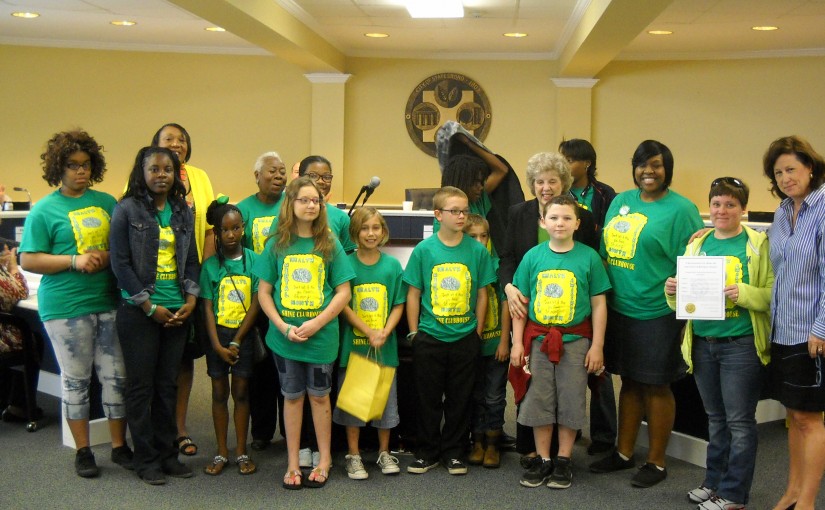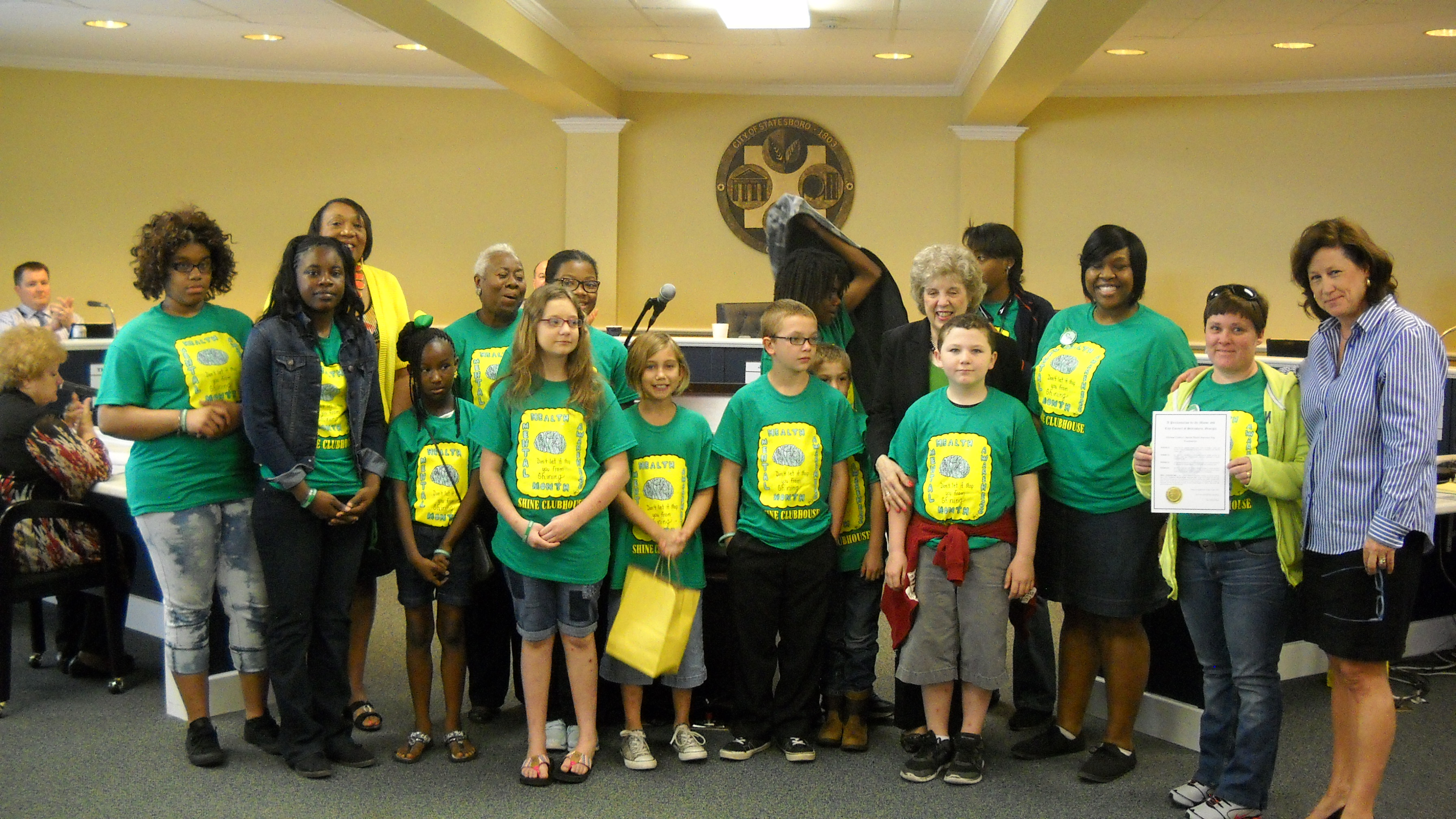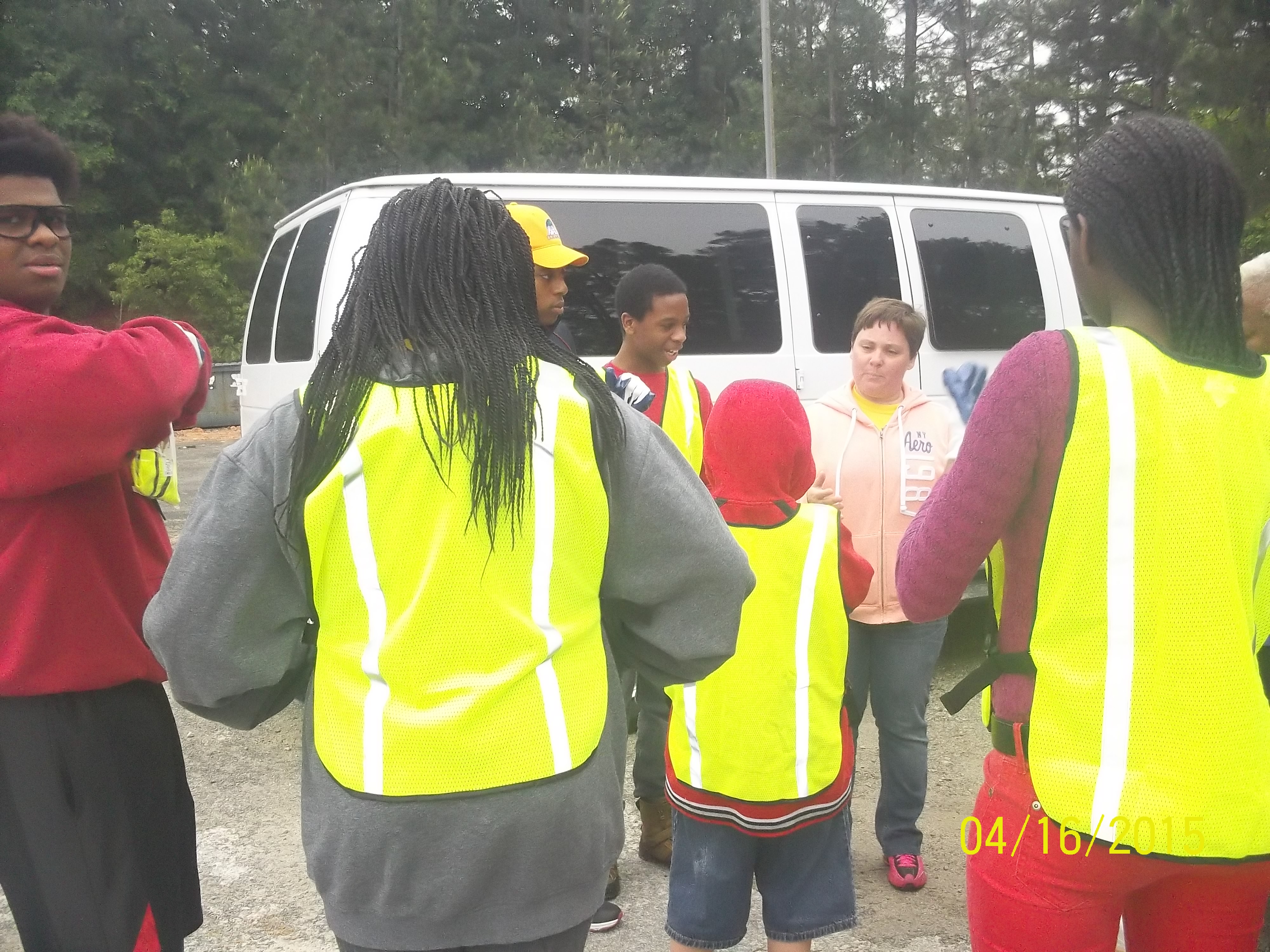Earlier this month, we celebrated the 10th anniversary of National Children’s Mental Health Awareness Day with more than 200 supporters at the state Capitol. The event, which featured a panel on school-based mental health services, represents just one of the many ways that DBHDD promotes children’s mental health and the importance of early treatment for youth with serious emotional disturbances.
DBHDD’s Office of Children, Young Adults and Families provides assessment, counseling, therapy, crisis intervention, peer support, clubhouses and other services for youth and their families. Services are targeted toward children and adolescents (ages 4-17), and transition-aged youth and young adults (18-26) who often fall into a gap between child and adult mental health services.
A 2009 report by the National Research Council and the Institute of Medicine estimated that 13-20 percent of children living in the United States experience a mental health challenge in a given year, and that youth behavioral health disorders cost an estimated $247 billion annually. This figure includes costs associated with mental health treatment, lost productivity and criminal activity.
DBHDD is improving children’s mental health care through several initiatives.
Georgia System of Care
DBHDD’s Offices of Children, Young Adults and Families and Federal Grant Programs and Special Initiatives are working with partners across Georgia to build a strong system of care for children’s mental health services. The system of care primarily serves people from birth to age 21 who experience a diagnosable emotional, socio-emotional, behavioral or mental health disorder that impairs their functioning in family, school or community settings.
The Georgia System of Care seeks to change the way children’s mental health services are delivered by bringing together Georgia’s child-serving agencies and organizations to provide integrated care that is comprehensive and effective. The system is recovery-focused and takes a family-driven, youth-guided approach to service delivery. System of care focuses on workforce development, system-level planning, social marketing and support for youth and young adults. Clubhouses serve people with co-occurring mental health and substance use challenges.
The 2015 Georgia System of Care Academy will take place on July 14-16 at the Atlanta Evergreen Marriott in Stone Mountain. We will share more information about the academy in upcoming DBHDD newsletters.
Listening, Inspiring and Guiding Health Transitions (LIGHT) Initiative
The LIGHT Initiative focuses on the young adult population and includes development of policy and practice improvements, as well as treatment for first-episode psychosis. The program will offer specialized training and a provider toolkit to DBHDD providers.The initiative is supported by DBHDD’s Offices of Children, Young Adults and Families and Federal Grant Programs and Special Initiatives.
Georgia Apex Project
The first signs of mental or emotional distress often appear when a child is at school. The Georgia Apex Project, supported by the Office of Children, Young Adults and Families, aims to reduce the number of youth with unmet mental health needs which often contribute to poor academic performance. The project supports school-based mental health programs, including early detection of mental health needs, and establishes better coordination between school districts and the state’s community service boards. The Georgia Center of Excellence in Child and Adolescent Behavioral Health will provide ongoing technical assistance and support to Georgia Apex Project grantees.
Youth Mental Health Clubhouse
DBHDD also supports youth mental health clubhouses for children and families. Clubhouses offer a positive and healthy environment for youth struggling with mental health challenges or difficult family situations. Clubhouse staff help with homework, job placement, peer support, family engagement and social activities to engage youth and help them manage their symptoms. There are currently six youth clubhouses in Georgia and plans to create five more in 2015.Read about youth clubhouses on the DBHDD blog.
For more information, visit the Office of Children, Young Adults and Families on DBHDD’s website.


